Home>Home Appliances>Bathroom Appliances>At What Age Can A Child Use An Electric Toothbrush
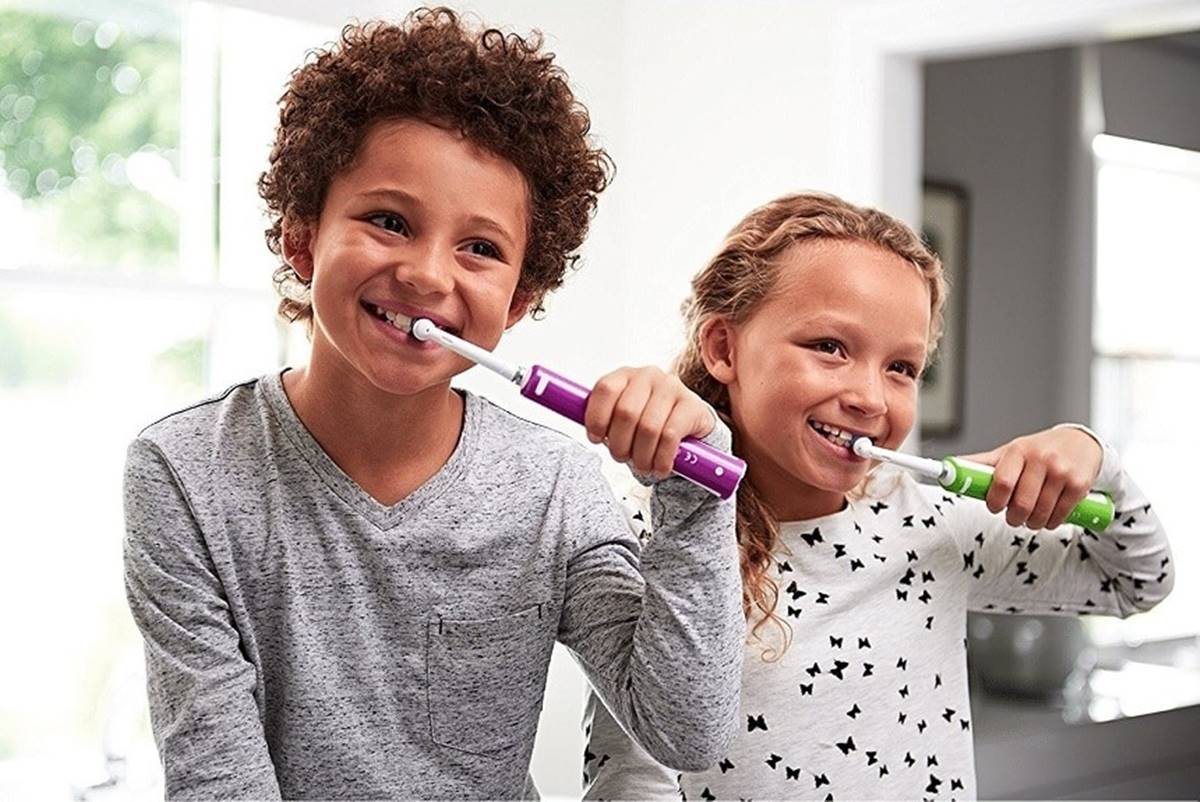

Bathroom Appliances
At What Age Can A Child Use An Electric Toothbrush
Modified: January 9, 2024
Find out the ideal age for introducing your child to an electric toothbrush. Learn about the benefits and considerations for using bathroom appliances.
(Many of the links in this article redirect to a specific reviewed product. Your purchase of these products through affiliate links helps to generate commission for Storables.com, at no extra cost. Learn more)
Introduction
When it comes to oral hygiene, instilling good habits in children from a young age is paramount. As parents, we strive to ensure that our little ones adopt practices that will safeguard their dental health for years to come. One question that often arises is, “At what age can a child use an electric toothbrush?” This query reflects the growing interest in electric toothbrushes for kids and the desire to understand the ideal time to introduce this advanced dental tool into a child’s oral care routine.
Electric toothbrushes have gained popularity for their ability to provide thorough and efficient cleaning, making them an attractive option for both adults and children. However, determining the appropriate age for a child to start using an electric toothbrush involves considering various factors, including their motor skills, understanding of oral hygiene, and overall comfort with the device.
In this comprehensive guide, we will explore the benefits of electric toothbrushes for children, important considerations for introducing these devices, age recommendations for their use, and practical tips for teaching children to use electric toothbrushes effectively. By delving into these aspects, we aim to equip parents and guardians with the knowledge needed to make informed decisions about incorporating electric toothbrushes into their children’s dental care routines.
Key Takeaways:
- Electric toothbrushes for kids offer enhanced cleaning, built-in timers, and fun designs, making brushing more effective and enjoyable. Children can start using them around age 3 with parental supervision.
- Parents can guide kids in using electric toothbrushes by leading by example, making brushing fun, and gradually empowering independence. This helps instill lifelong oral care habits and a positive attitude toward dental health.
Benefits of Electric Toothbrushes for Children
Electric toothbrushes offer a range of advantages that make them a valuable tool for children’s oral care. Here are some key benefits:
- Enhanced Cleaning: The advanced technology of electric toothbrushes facilitates more effective plaque removal compared to manual brushing. This can be particularly beneficial for children who may struggle with thorough brushing using traditional toothbrushes.
- Built-in Timers: Many electric toothbrushes for kids are equipped with built-in timers that help ensure they brush for the recommended two minutes. This feature promotes proper brushing habits from an early age.
- Fun and Engaging: Some electric toothbrushes for children are designed with colorful themes, playful characters, or interactive features, making the brushing experience more enjoyable and encouraging kids to look forward to their oral care routine.
- Pressure Sensors: Certain electric toothbrush models incorporate pressure sensors to alert children when they are applying too much force while brushing. This helps prevent potential damage to their gums and teeth.
- Improved Technique: Electric toothbrushes with oscillating or rotating heads can assist children in achieving a more consistent and effective brushing technique, ensuring that all areas of their mouth receive thorough cleaning.
- Assistance for Special Needs: For children with special needs or those who require additional support with motor skills, electric toothbrushes can offer assistance in maintaining proper oral hygiene.
By leveraging these benefits, electric toothbrushes can play a pivotal role in promoting good oral health habits and making the brushing experience more enjoyable and effective for children.
Considerations for Introducing an Electric Toothbrush
Introducing an electric toothbrush to a child’s oral care routine requires careful consideration to ensure a smooth and positive transition. Here are important factors to keep in mind:
- Age and Readiness: Before introducing an electric toothbrush, assess your child’s readiness based on their age, motor skills, and ability to understand and follow instructions. While there is no strict age requirement, most children can start using electric toothbrushes around the age of three or older, depending on their individual development.
- Parental Supervision: It’s crucial for parents or guardians to supervise and assist younger children when using electric toothbrushes to ensure proper technique and safety. As children become more proficient, they can gradually take on more responsibility for their oral care routine.
- Comfort and Familiarization: Allow your child to become familiar with the electric toothbrush before incorporating it into their daily brushing regimen. Let them handle the brush, turn it on and off, and become comfortable with its vibrations and movements.
- Choosing the Right Model: Select an electric toothbrush designed specifically for children, taking into account factors such as size, grip, and the presence of child-friendly features. Consider involving your child in the selection process to make it more engaging for them.
- Education and Demonstration: Take the time to educate your child about the benefits of electric toothbrushes and demonstrate how to use the device correctly. Emphasize the importance of gentle, circular motions and thorough coverage of all tooth surfaces.
- Transition Period: When transitioning from a manual to an electric toothbrush, allow for a gradual adjustment period. Encourage your child to continue using their manual toothbrush alongside the electric one until they feel fully comfortable with the new device.
By taking these considerations into account, parents and guardians can ensure a smooth and positive introduction of electric toothbrushes into their children’s oral care routine, setting the stage for effective and enjoyable brushing experiences.
Children can start using an electric toothbrush around the age of 3, when they have developed enough coordination to handle the device. Always supervise them to ensure proper use.
Age Recommendations for Electric Toothbrush Use
While there is no one-size-fits-all answer to the question of when a child can start using an electric toothbrush, certain age-related considerations can guide parents in determining the appropriate time to introduce this oral care tool. Here are some age-related recommendations for electric toothbrush use:
- Early Childhood (Ages 3-6): Children in this age group are typically developing their motor skills and may still be learning the fundamentals of oral hygiene. At around three years old, many children can begin using electric toothbrushes under parental supervision. It’s important to choose a model specifically designed for young children, with features that cater to their needs and comfort.
- Primary School Years (Ages 6-12): As children progress through their primary school years, they become more independent in their oral care routines. By this stage, most children should be able to use an electric toothbrush effectively with minimal supervision, provided they have been properly educated on its usage and are comfortable with the device.
- Adolescence and Beyond (Ages 12+): Teenagers and older adolescents can fully transition to using electric toothbrushes as their manual dexterity and understanding of oral hygiene mature. At this age, they can benefit from more advanced electric toothbrush models that offer features tailored to their evolving dental needs.
It’s important to note that these age recommendations are general guidelines, and individual readiness can vary widely. Factors such as a child’s motor skills, comfort with new technologies, and overall maturity should also be taken into account when determining the right time to introduce an electric toothbrush.
Ultimately, the goal is to ensure that children are ready to embrace electric toothbrushes with confidence and that their transition to using this advanced oral care tool is met with enthusiasm and a sense of empowerment in maintaining their dental health.
Tips for Teaching Children to Use Electric Toothbrushes
Introducing children to electric toothbrushes involves more than simply handing them the device. It requires patient guidance, effective teaching methods, and a nurturing approach to ensure that children learn to use the electric toothbrush correctly and enjoy the experience. Here are some valuable tips for teaching children to use electric toothbrushes:
- Lead by Example: Children often emulate the behaviors of their parents or caregivers. Brush your teeth alongside your child using an electric toothbrush to demonstrate proper technique and reinforce the importance of consistent oral care habits.
- Start with Basic Movements: Begin by teaching your child simple brushing movements, such as gentle circular motions and ensuring coverage of all tooth surfaces. Emphasize the importance of not pressing too hard against the teeth and gums.
- Use Positive Reinforcement: Offer praise and positive reinforcement as your child practices using the electric toothbrush. Celebrate their progress and efforts, creating a supportive and encouraging environment that fosters confidence and enthusiasm.
- Set a Routine: Establish a consistent brushing routine that incorporates the use of the electric toothbrush. Consistency helps children adapt to new habits and reinforces the importance of oral hygiene as an integral part of their daily routine.
- Make It Fun: Incorporate elements of fun and creativity into the brushing experience. Consider playing their favorite song for the duration of brushing time or using toothpaste flavors they enjoy to make the experience more enjoyable.
- Monitor Progress: Continuously monitor your child’s brushing technique and provide gentle guidance as needed. Encourage them to take an active role in their oral care while offering support and constructive feedback.
- Emphasize Oral Health Benefits: Educate your child about the specific oral health benefits of using an electric toothbrush, such as thorough plaque removal and improved gum health. Help them understand how this device contributes to maintaining a healthy and beautiful smile.
- Encourage Independence: As your child becomes more proficient with the electric toothbrush, gradually encourage independence in their brushing routine while providing ongoing support and supervision as necessary.
By implementing these tips, parents and guardians can effectively guide their children in mastering the use of electric toothbrushes, instilling valuable oral care habits that will benefit them throughout their lives.
Read more: What Age Can Babies Start Using A Blanket
Conclusion
Introducing children to the world of electric toothbrushes is a significant milestone in their oral care journey. By carefully considering the benefits, age recommendations, and teaching strategies, parents and guardians can set the stage for a positive and empowering experience for their children. Electric toothbrushes offer a host of advantages, including enhanced cleaning, built-in timers, and a fun and engaging brushing experience, making them a valuable tool in promoting good oral hygiene habits from an early age.
When determining the appropriate age for a child to start using an electric toothbrush, it’s essential to consider their readiness, motor skills, and comfort with the device. While general age recommendations provide guidance, individual readiness and maturity are equally important factors to consider. By taking a thoughtful and nurturing approach, parents can ensure that their children embrace electric toothbrushes with confidence and enthusiasm, setting the stage for a lifetime of effective oral care habits.
Teaching children to use electric toothbrushes involves patience, positive reinforcement, and a commitment to making the experience enjoyable and educational. By leading by example, incorporating fun elements into the brushing routine, and gradually empowering children to take ownership of their oral care, parents and guardians can guide their little ones toward mastering the use of electric toothbrushes with confidence and skill.
In conclusion, the journey of introducing children to electric toothbrushes is an opportunity to instill lifelong oral care habits and promote a positive attitude toward maintaining dental health. By leveraging the benefits, age-appropriate recommendations, and effective teaching strategies, parents and guardians can ensure that their children embark on this journey with enthusiasm, confidence, and a deep understanding of the importance of oral hygiene.
Frequently Asked Questions about At What Age Can A Child Use An Electric Toothbrush
Was this page helpful?
At Storables.com, we guarantee accurate and reliable information. Our content, validated by Expert Board Contributors, is crafted following stringent Editorial Policies. We're committed to providing you with well-researched, expert-backed insights for all your informational needs.

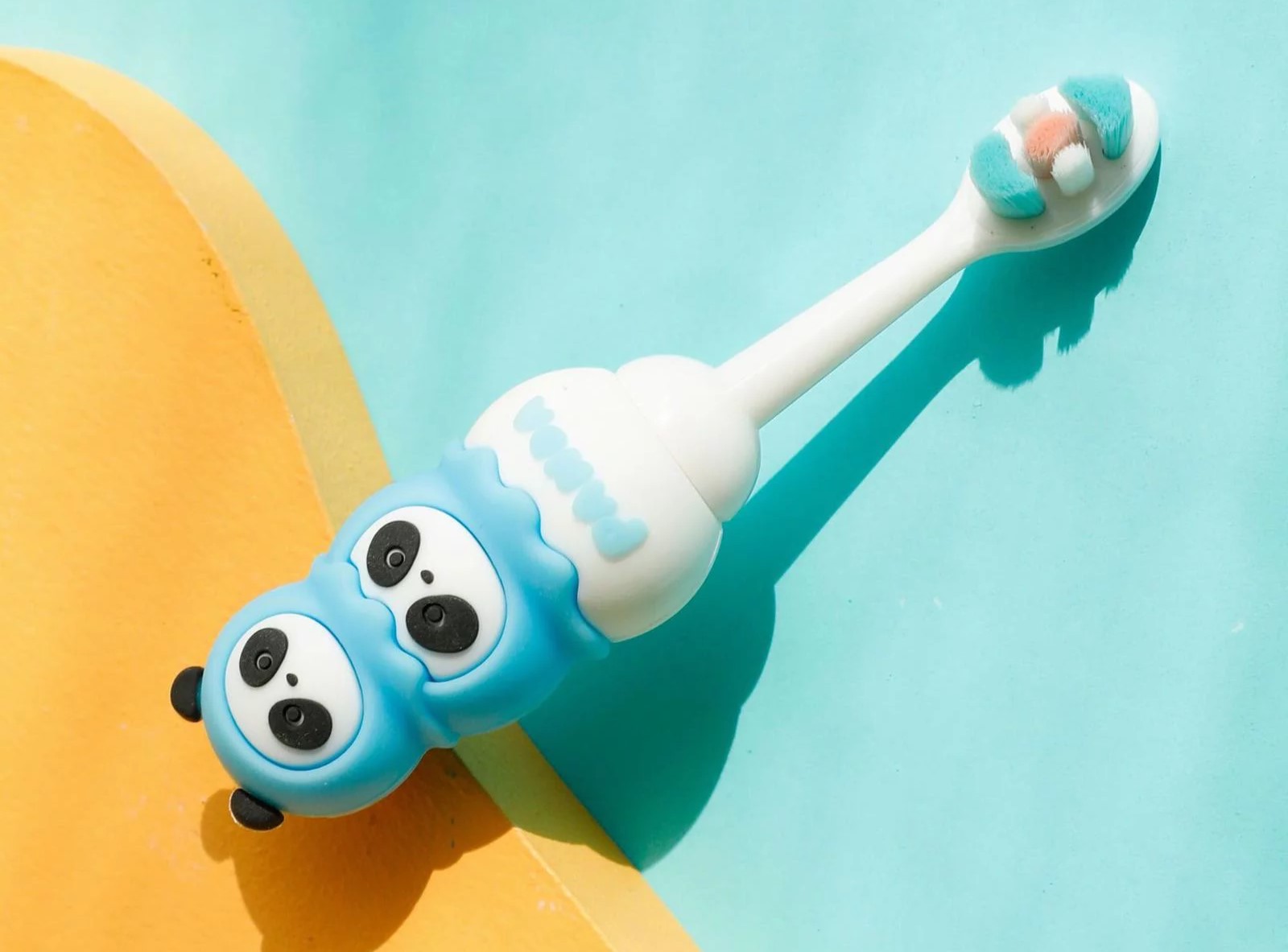
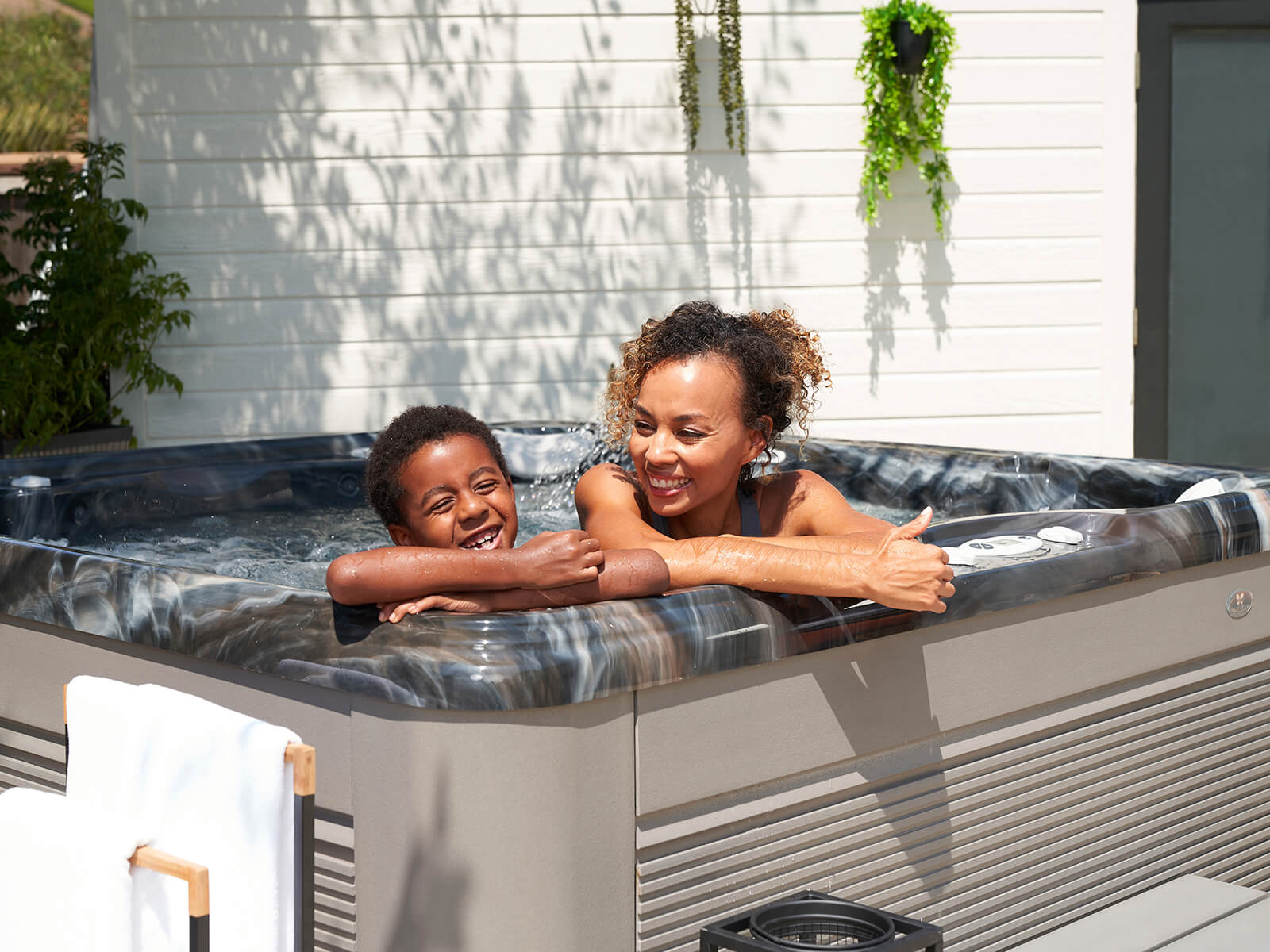
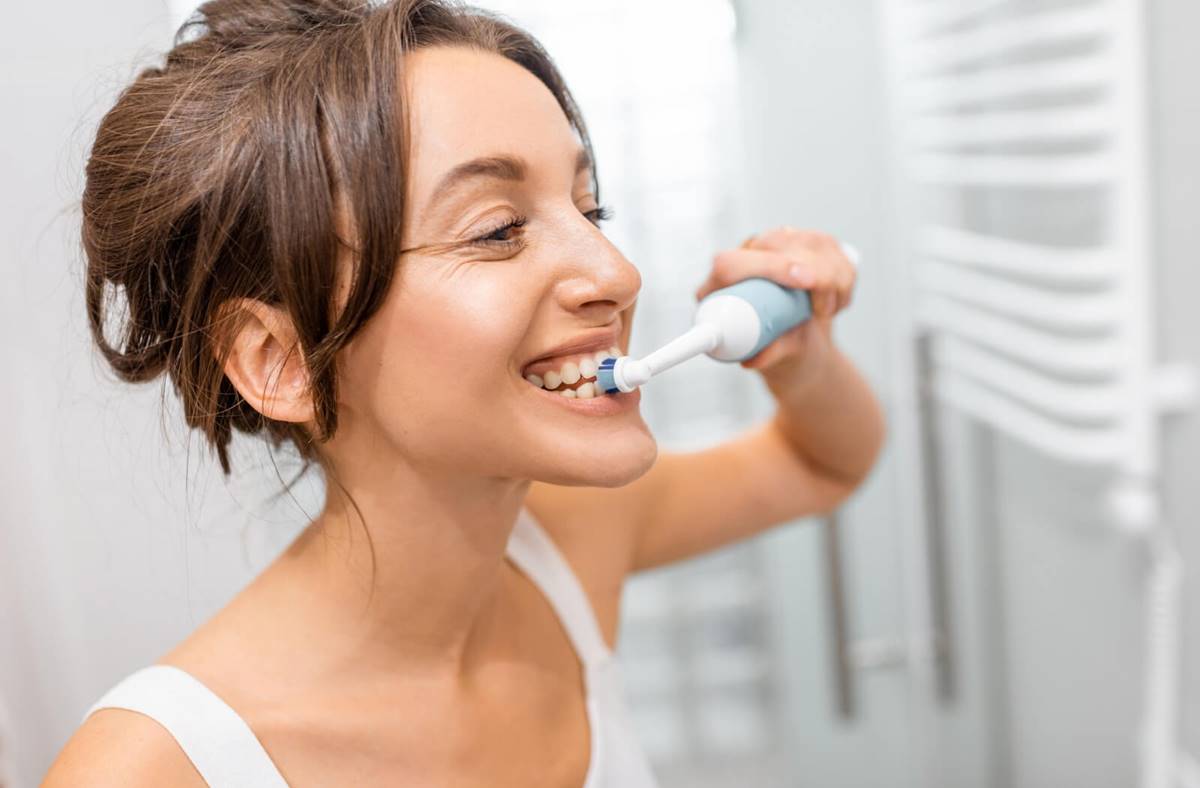
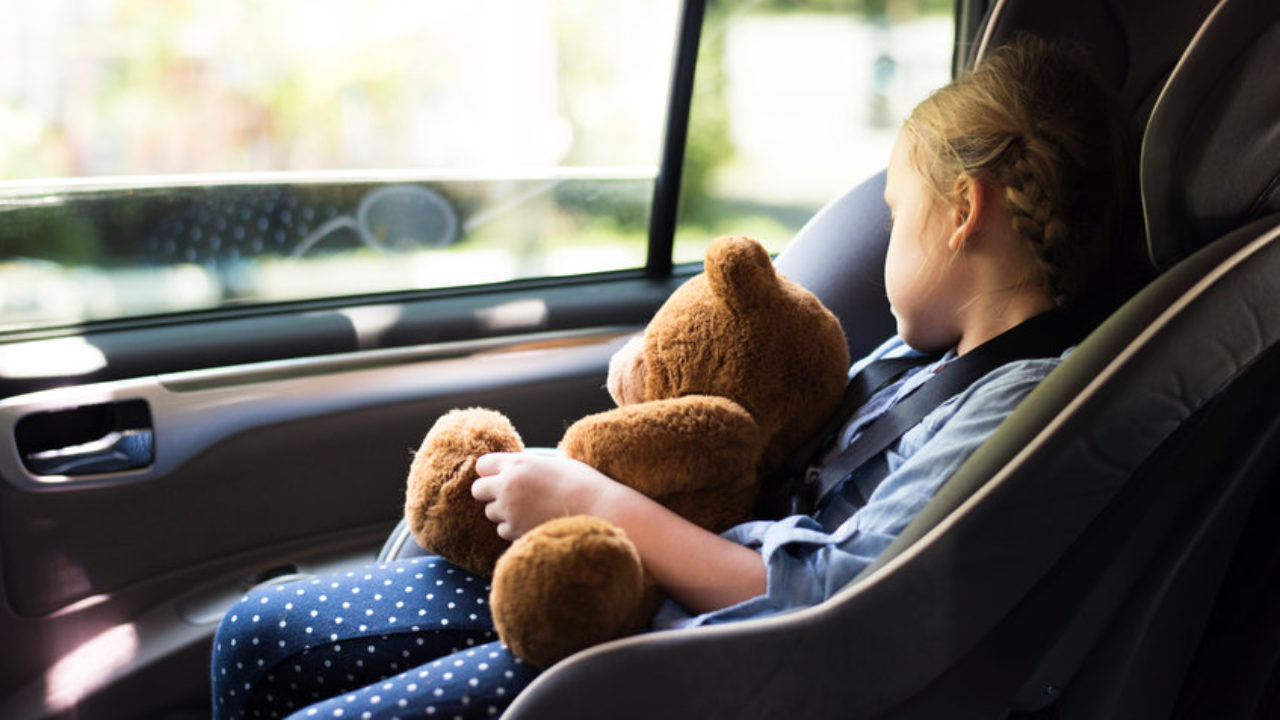
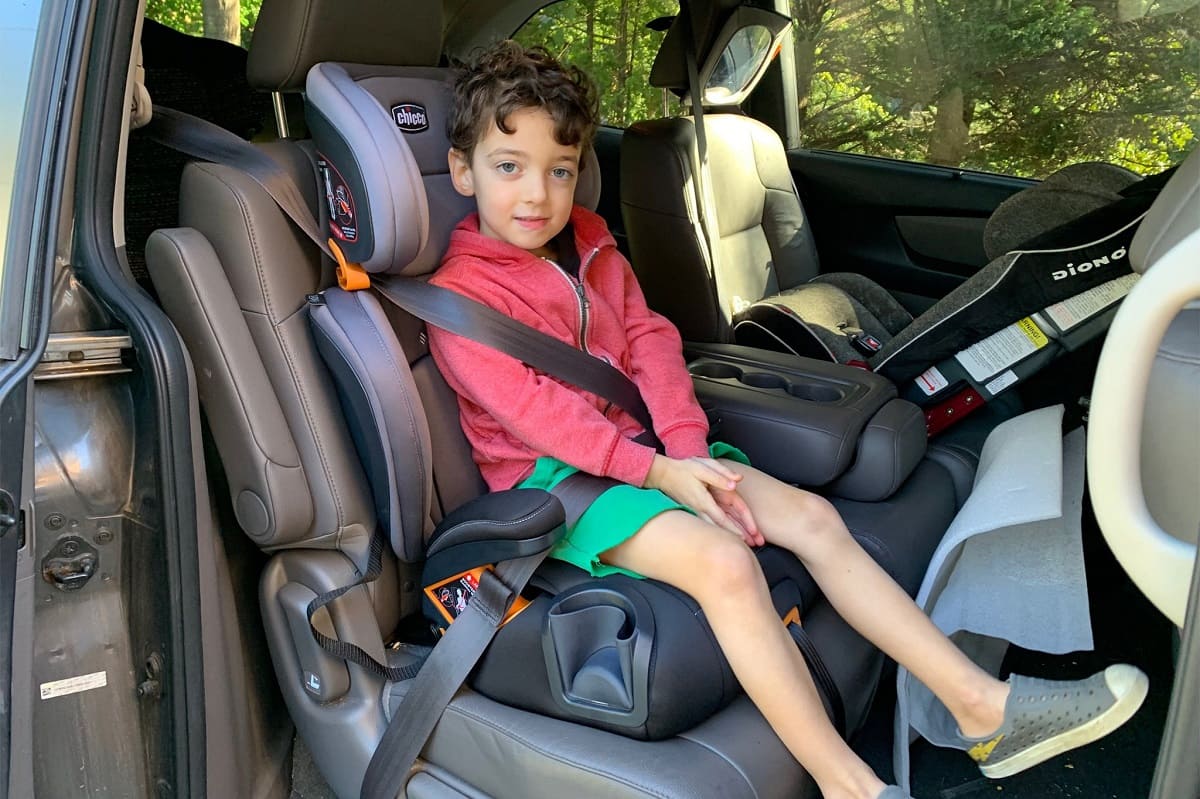
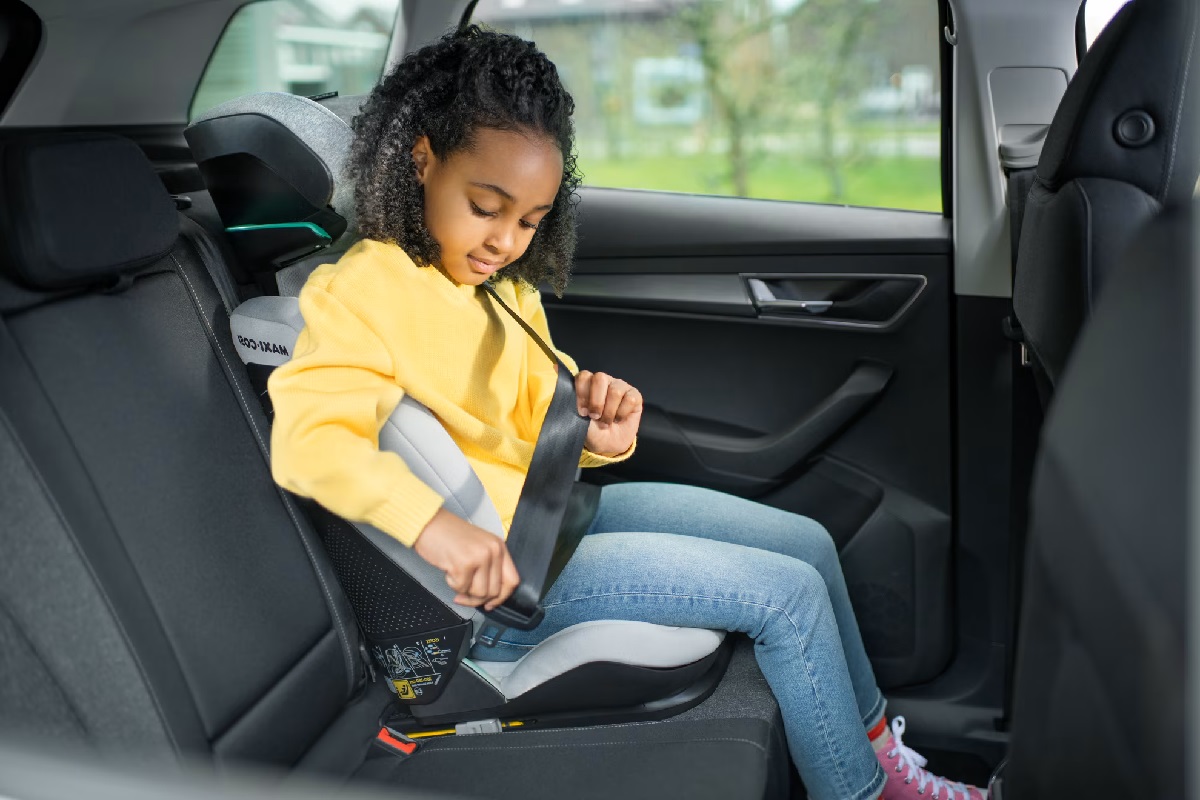
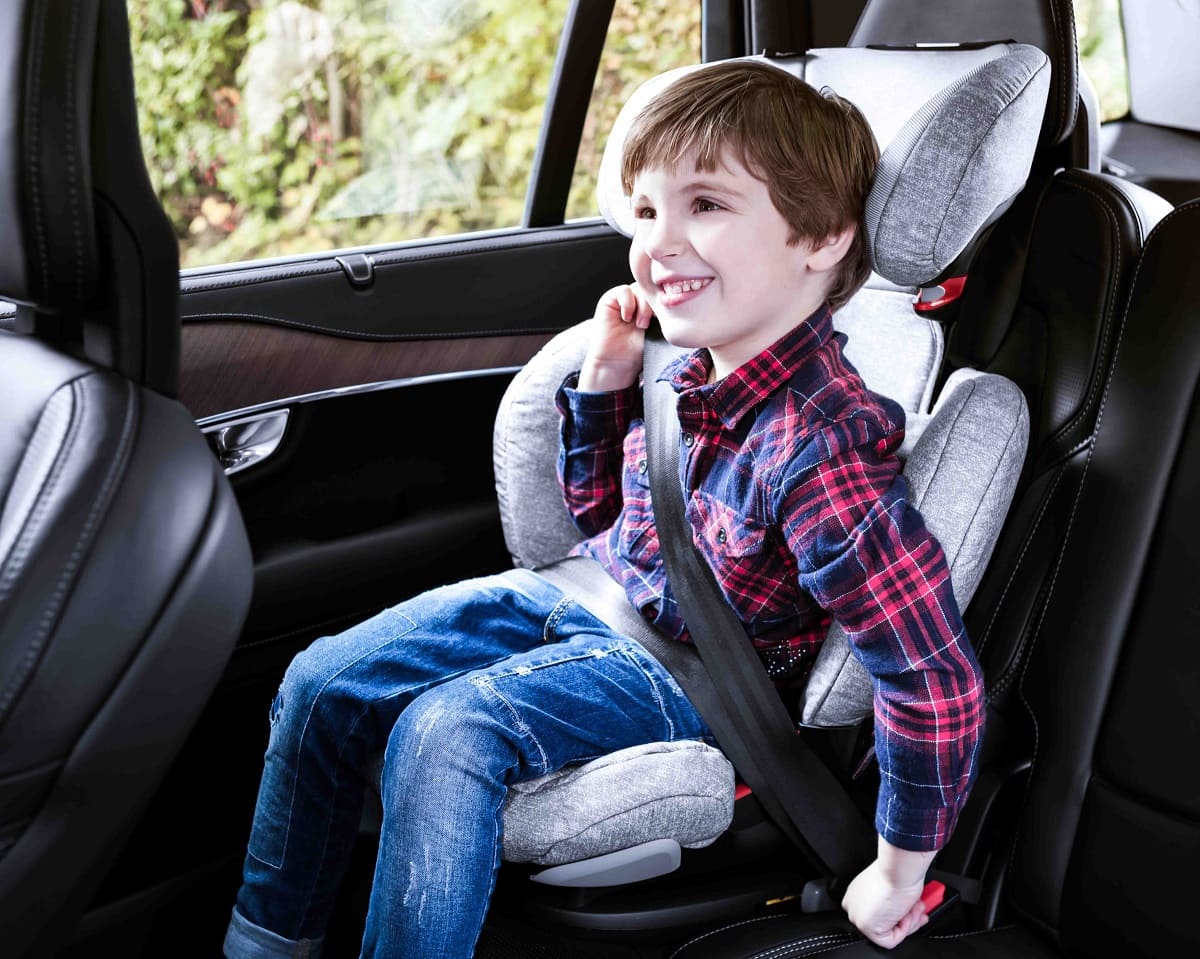
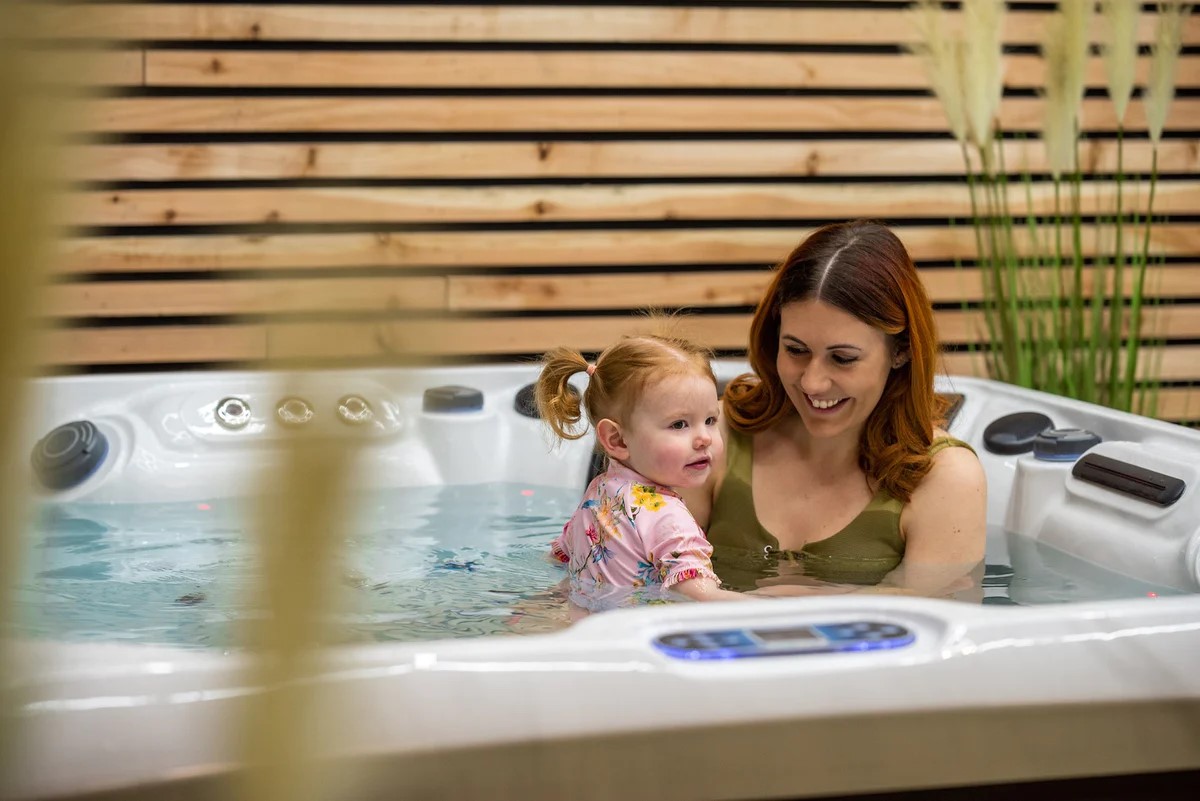
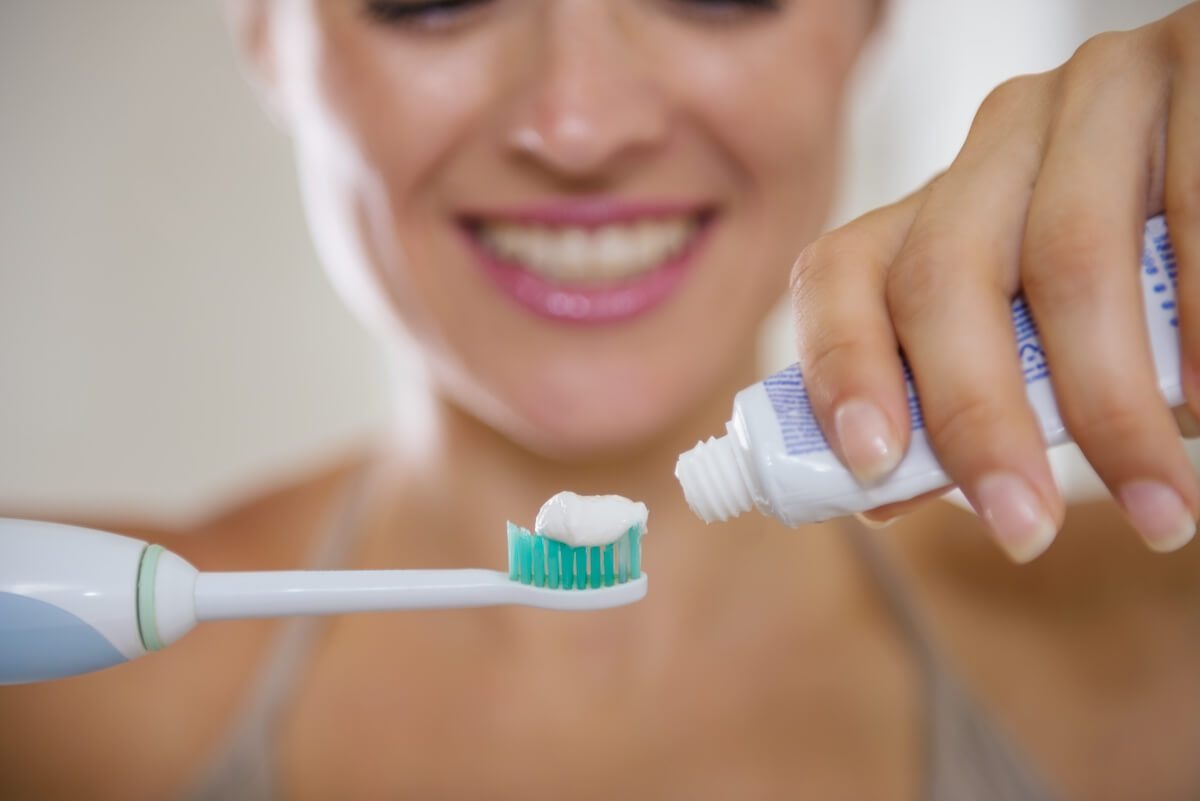
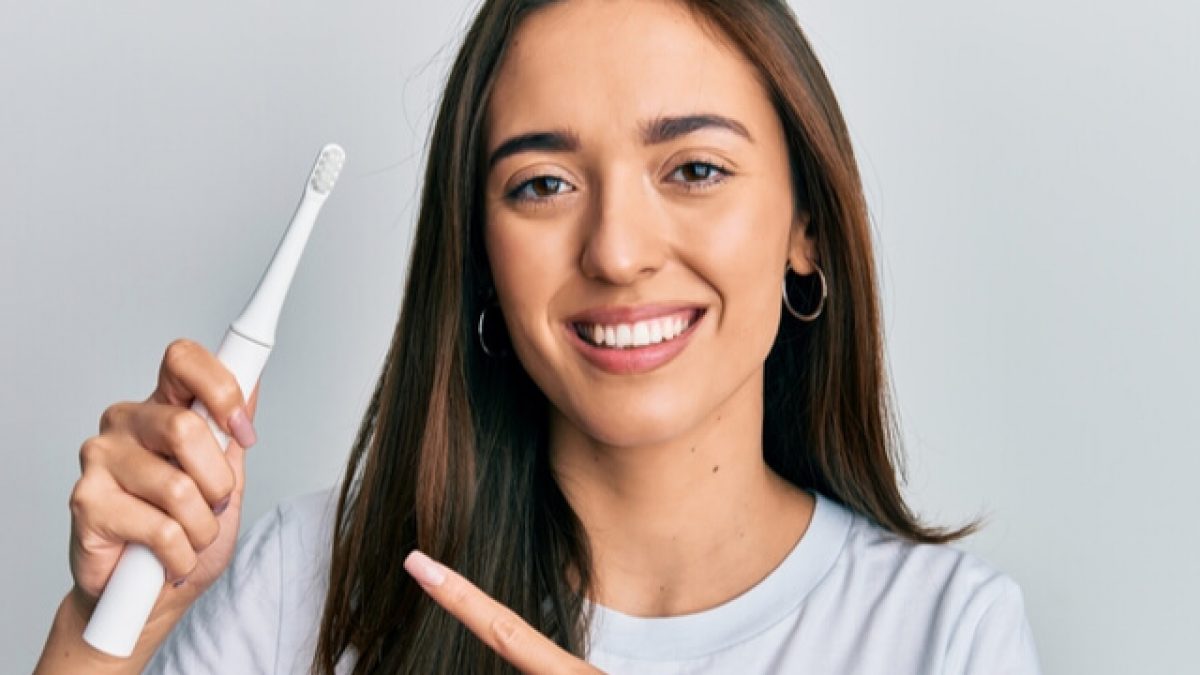
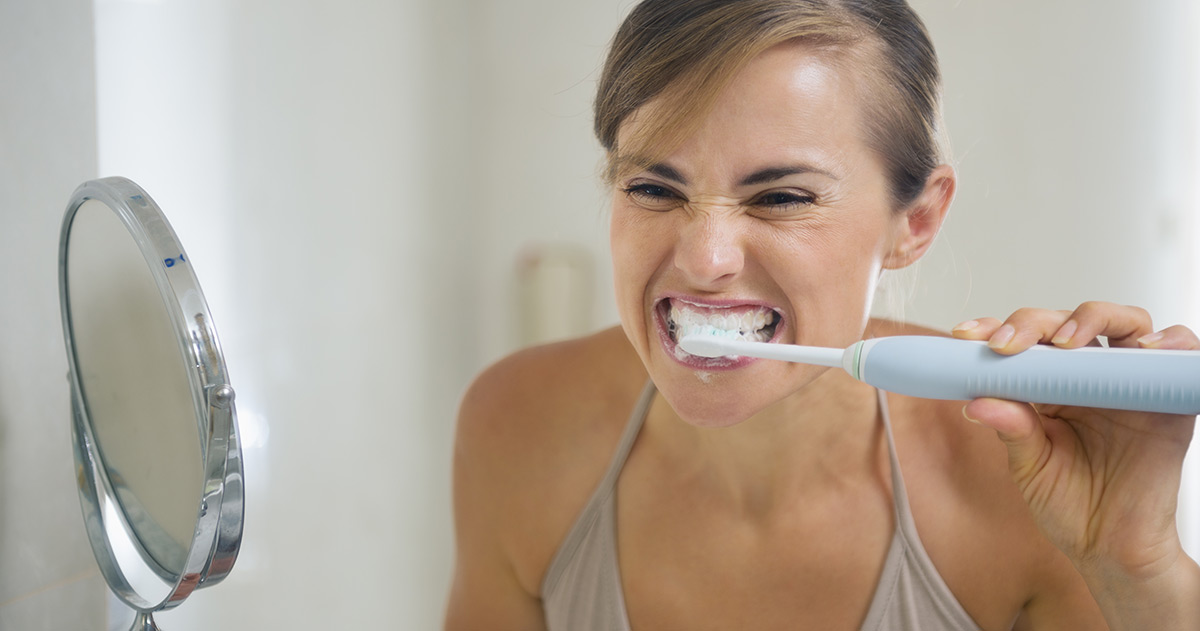
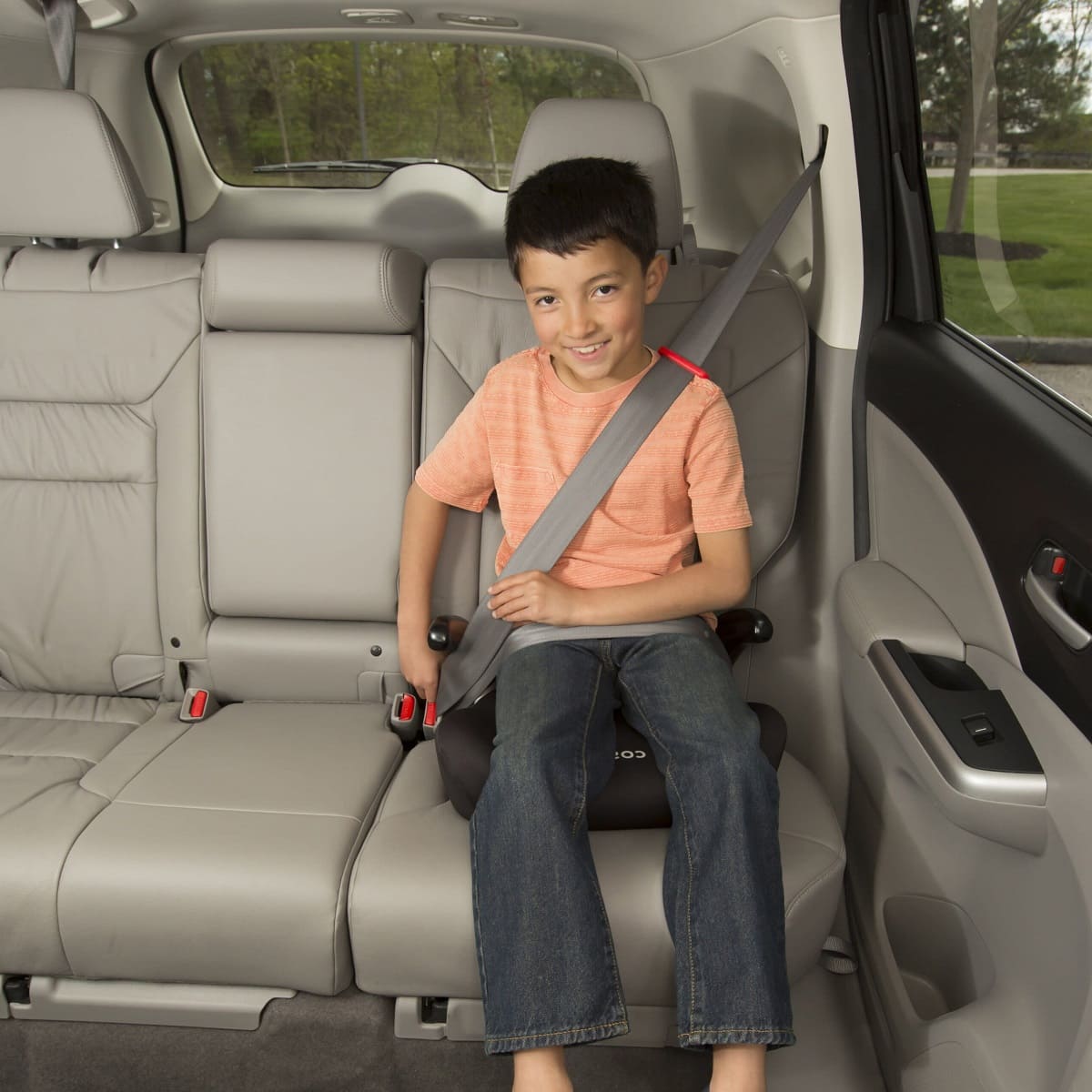


0 thoughts on “At What Age Can A Child Use An Electric Toothbrush”